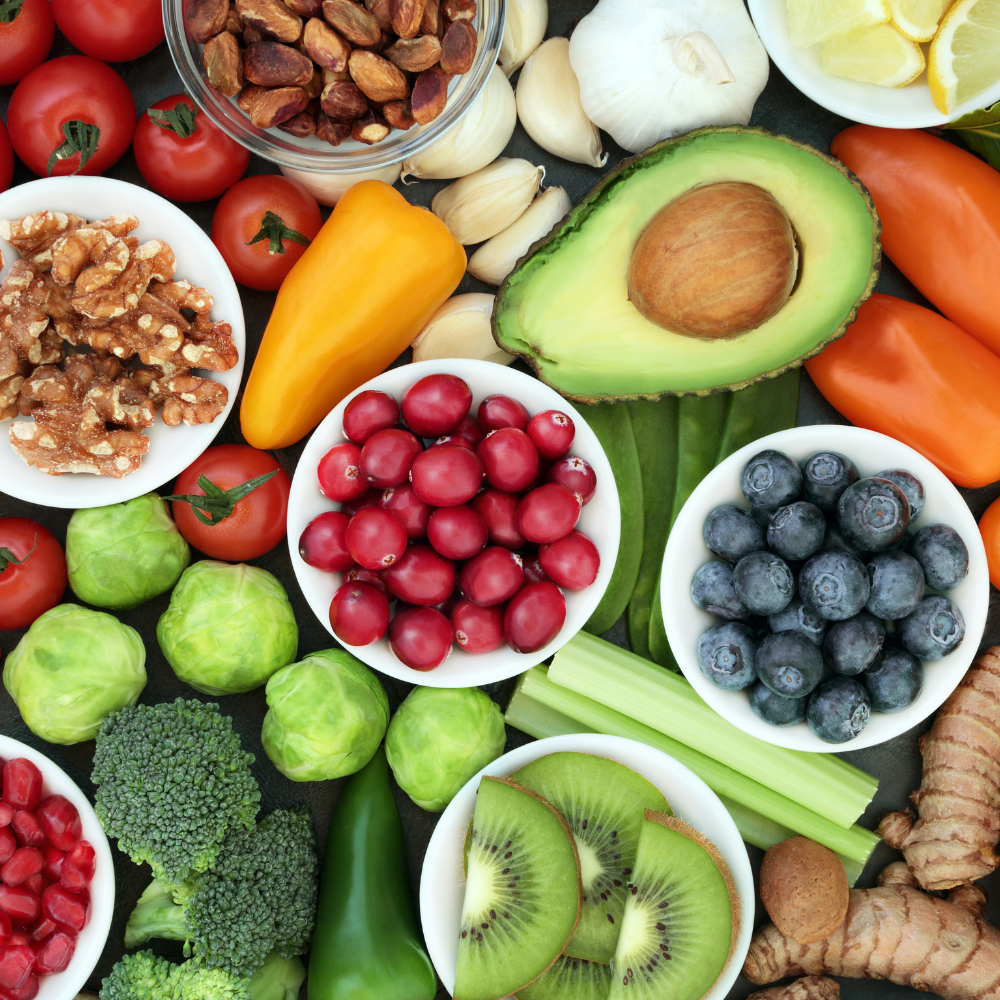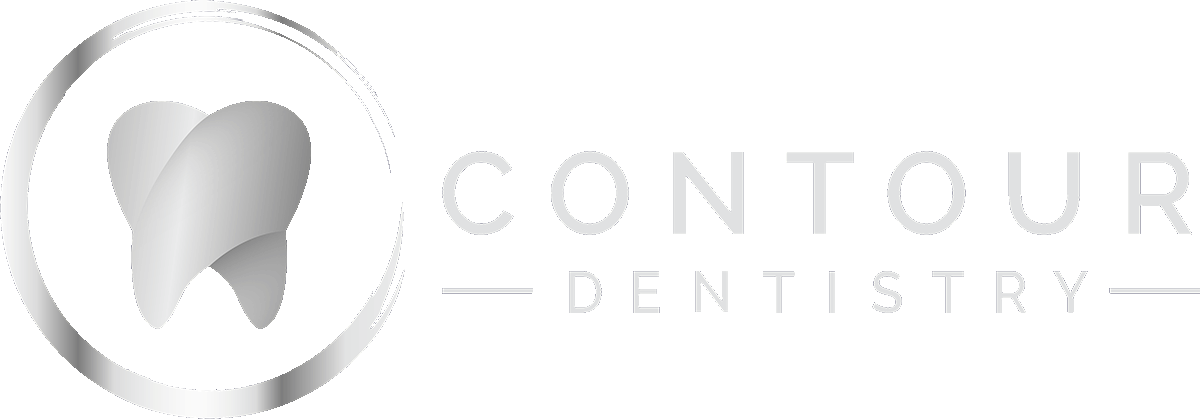Maintaining good oral health involves more than just brushing and flossing regularly. Your diet plays a significant role in the health of your teeth and gums. In this article, we will explore the connection between what you eat and your dental health, and provide tips for a diet that promotes strong teeth and a bright smile.
The Basics of Dental Health
Before we dive into the impact of diet, let’s review the basics of dental health. Your mouth is home to millions of bacteria, some of which are beneficial, while others can be harmful. When you consume sugary or starchy foods, these bacteria feed on carbohydrates and produce acids. These acids can attack the enamel, the protective outer layer of your teeth, leading to tooth decay and cavities.
Sugar and Your Teeth
One of the biggest culprits when it comes to poor dental health is sugar. Sugary foods and drinks provide fuel for the harmful bacteria in your mouth, leading to the production of acids that erode your enamel. This can eventually result in cavities if left unchecked.
Acidic Foods and Beverages
In addition to sugar, acidic foods and beverages can also contribute to enamel erosion. Foods like citrus fruits, tomatoes, and certain types of vinegar can wear down the enamel over time. While these foods can be part of a healthy diet, it’s important to consume them in moderation and rinse your mouth with water afterward to help neutralize the acids.
The Importance of Calcium and Vitamin D
Calcium and vitamin D are essential for strong teeth and bones. Calcium helps strengthen your enamel, while vitamin D helps your body absorb calcium. Good sources of calcium include dairy products, leafy green vegetables, and almonds, while vitamin D can be found in fatty fish, eggs, and fortified foods.
The Role of Phosphorus
Phosphorus is another important mineral for dental health. It works with calcium to strengthen enamel and repair minor damage. Foods rich in phosphorus include meat, poultry, fish, nuts, and whole grains.
Water: Nature’s Best Friend for Your Teeth
Water is not only essential for overall health but also for dental health. Drinking water helps to rinse away food particles and acids that can lead to tooth decay. It also helps keep your mouth hydrated, which is important for saliva production. Saliva plays a crucial role in neutralizing acids and remineralizing enamel.

Snacking Smart
Frequent snacking, especially on sugary or starchy foods, can increase the risk of tooth decay. When you snack, your mouth produces more saliva to help digest the food. If the food is high in sugar or starch, the increased saliva can create an ideal environment for bacteria to thrive. Try to limit snacks and choose healthier options like fruits, vegetables, or cheese.
Tips for a Tooth-Friendly Diet
Summarizing the information above, prioritize the following steps to improve your diet and ensure optimal oral health:
- Limit sugary and acidic foods and drinks
- Drink water and drink sugary beverages in moderation
- Include calcium-rich foods in your diet
- Snack on healthy options like fruits, vegetables, and nuts
- Limit snacking between meals
Ready to schedule an appointment? Give us a call today!
Your diet plays a significant role in your dental health. By making smart food choices and practicing good oral hygiene, you can protect your teeth and gums from decay and disease. Contact Contour Dentistry in Cornelius, NC today to schedule an appointment — we can provide you with additional education regarding a healthy diet and help protect your oral health for years to come!
